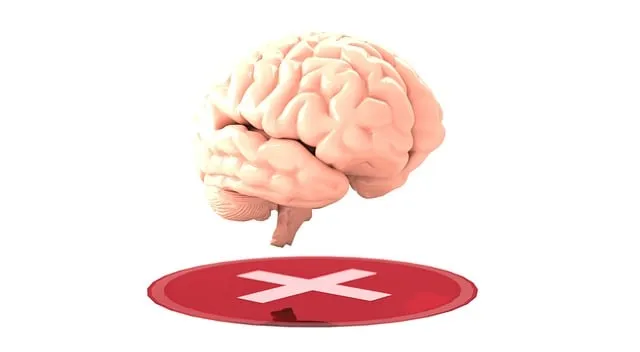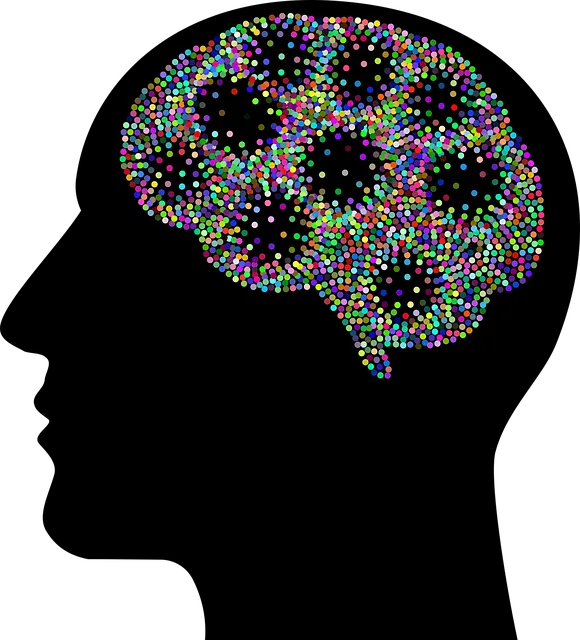Englewood residents face barriers accessing mental health support due to stigma associated with mental illness. This can be overcome by utilizing Kaiser Permanente's comprehensive services, which include therapy, medication management, and education programs tailored to individual needs. A multi-faceted approach involving education, awareness campaigns, and local leadership is essential to reduce stigma further. By fostering open conversations, providing accessible resources, and cultivating emotional intelligence, Englewood serves as a model for creating a supportive environment where individuals can seek help without judgment, enabling holistic healing and recovery.
Mental illness stigma remains a significant barrier to individuals seeking help. This article delves into strategies aimed at reducing the social burden associated with mental health issues, focusing on both individual and community efforts. We explore the complexities of stigma and its impact on access to care, using Englewood as a case study to demonstrate how Kaiser’s mental health services can provide support. By understanding the current landscape, we aim to empower communities in their quest to destigmatize mental illness, ultimately fostering better access to essential resources like those offered through Kaiser for a healthier society.
- Understanding the Stigma Surrounding Mental Illness
- Englewood and Accessing Kaiser's Mental Health Services
- Effective Strategies to Reduce Stigma in Communities
- Supporting Individuals on Their Journey to Recovery
Understanding the Stigma Surrounding Mental Illness

Mental illness stigma is a pervasive issue that often prevents individuals from seeking the help they need. Understanding and addressing this stigma is crucial in promoting mental well-being, especially in communities like Englewood where access to resources can be challenging. Many people struggling with mental health issues face judgment, discrimination, or even fear of how others might perceive them, leading to barriers in their journey towards healing. This internalized shame and external social stigma can make it difficult for individuals to discuss their experiences openly or pursue professional support through organizations like Kaiser.
Englewood residents, like many others, can combat this stigma by fostering self-care practices and self-awareness exercises that promote mental resilience. By integrating mood management techniques into daily routines, individuals can take proactive steps towards maintaining their emotional well-being. With the right resources, such as those available through Kaiser, and a supportive community, the cycle of stigma can be broken, encouraging open conversations about mental health and reducing barriers to accessing much-needed services.
Englewood and Accessing Kaiser's Mental Health Services

In Englewood, accessing mental health services through Kaiser can be a significant step towards reducing the stigma associated with mental illness. Kaiser Permanente offers a range of resources tailored to meet diverse needs, from therapy sessions and medication management to support groups and education programs. By leveraging these services, individuals can begin their journey towards improved mental wellness. The process typically involves reaching out to a primary care physician who can refer patients to specialized mental health professionals within the Kaiser network.
This approach not only facilitates better access but also ensures continuity of care, which is crucial for effective burnout prevention strategies among healthcare providers and individuals seeking treatment. Additionally, engaging in programs that focus on self-esteem improvement can further enhance one’s mental wellness. Through these combined efforts, Englewood residents can navigate their mental health journeys with greater ease, ultimately reducing the stigma surrounding mental illness.
Effective Strategies to Reduce Stigma in Communities

Reducing mental illness stigma within communities requires a multi-faceted approach that involves education, awareness, and support. One effective strategy is to foster open conversations about mental health, normalizing discussions in schools, workplaces, and social settings. Encouraging community members to share their personal experiences can help break down barriers and reduce misconceptions. Additionally, engaging local leaders, influencers, and celebrities who have openly shared their mental health journeys can further normalize these conversations.
Another powerful tool is providing accessible resources and support services, such as those offered by organizations like Kaiser. Englewood, for instance, offers programs designed to help individuals navigate the process of obtaining mental health services through Kaiser. These initiatives include stress management workshops that teach positive thinking techniques and anxiety relief strategies, empowering community members to take charge of their well-being. By combining educational efforts with accessible resources, communities can create a more supportive environment where those facing mental health challenges feel understood and encouraged to seek help without fear of stigma.
Supporting Individuals on Their Journey to Recovery

Supporting individuals on their journey to recovery is a multifaceted endeavor that requires understanding, access to resources, and compassionate care. Englewood, for instance, has made strides in how to get mental health services through Kaiser, ensuring better accessibility for its residents. This involves not just providing professional therapy and medication management but also fostering an environment where people feel safe to discuss their struggles openly. Public Awareness Campaigns Development plays a crucial role here by destigmatizing mental illness and encouraging early intervention. By sharing personal stories and raising emotional intelligence, communities can cultivate a culture of compassion and support.
Compassion cultivation practices and emotional intelligence are powerful tools in this process. They help individuals affected by mental illness feel heard, validated, and less alone. Through education and understanding, communities can break down barriers and create networks of support that facilitate recovery. This holistic approach ensures that the journey towards healing is not just about treating symptoms but also nurturing the individual’s overall well-being.
Stigma reduction is a key component in supporting individuals with mental illness. By understanding the barriers that create stigma, such as lack of knowledge and fear, communities can implement effective strategies like education campaigns and supportive services. Engaging with resources like Englewood’s access to Kaiser’s mental health services plays a vital role in fostering inclusive environments and enhancing recovery journeys. Through collective efforts, we can break down stereotypes, offer understanding, and ensure everyone receives the support they need for their mental well-being.






